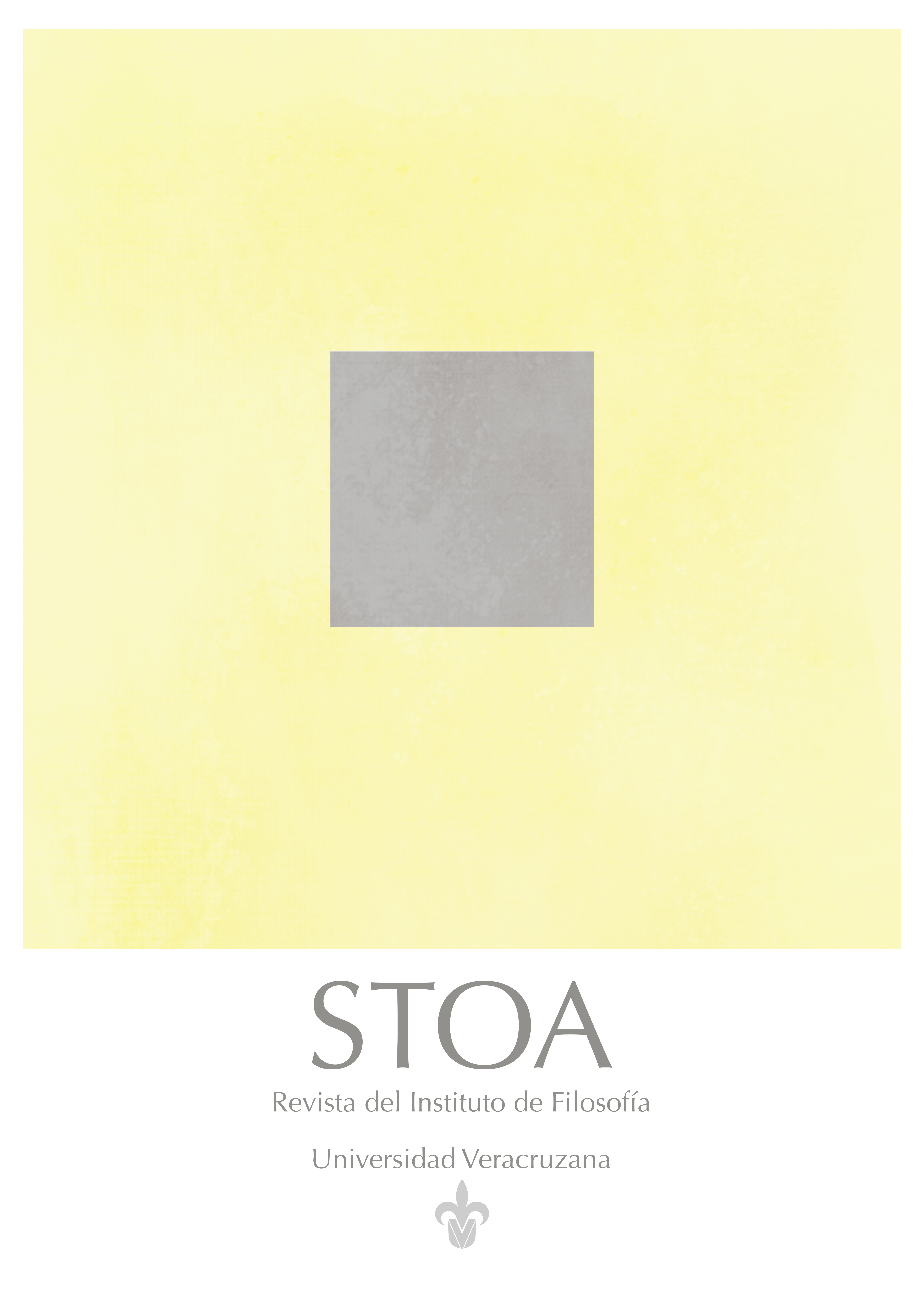Abstract
En la historia de la filosofía contemporánea, dos pensadores de orígenes culturales distintos -uno ibérico y el otro gernánico- compartieron el espíritu de la época en la Alemania de la primera mitad del siglo XX. Ambos desarrollaron una filosofía crítica que cuestionaba a la metafísica y pugnaba por traer el pensamiento del Ser hacia el Ser en el Mundo. En el ensayo se analizan ambos planteamientos con base en el diálogo que Ortega y Gasset entabla con Heidegger sobre el problema El Otro.STOA is a biannual publication edited by the Institute of Philosophy of the Universidad Veracruzana, Tuxpan, No. 29, Frac. Veracruz, C.P. 91020, Xalapa, Ver., Tel. 8154285, http://www.uv.mx/filosofia. Responsible editor: Jesús Turiso Sebastián. Exclusive Use Rights Reservation No. 04-2008-121012511200-203, granted by the Copyright Reservation Directorate of the National Institute of Copyright of the Secretariat of Public Education, ISSN: 2007-1868. Responsible for the last modification of this issue: Jesús Turiso Sebastián, Tuxpan, No. 29, Frac. Veracruz, C.P. 91020, date of last modification August 5, 2011. Distribution and digital support by the Academic Software Development Department of the Universidad Veracruzana.
The opinions expressed by the authors do not necessarily reflect the position of the editor of the publication. Reproduction by any means of the texts published in this journal may be done as long as the source is cited, including the name of the author, the name and number of the journal, and its electronic address. For more information write to revistastoa@uv.mx.
Revista Stoa is a completely free publication, with no cost for processing or receiving articles and free access.
This work is under a Creative Commons Attribution-NonCommercial-ShareAlike 4.0 International license.

